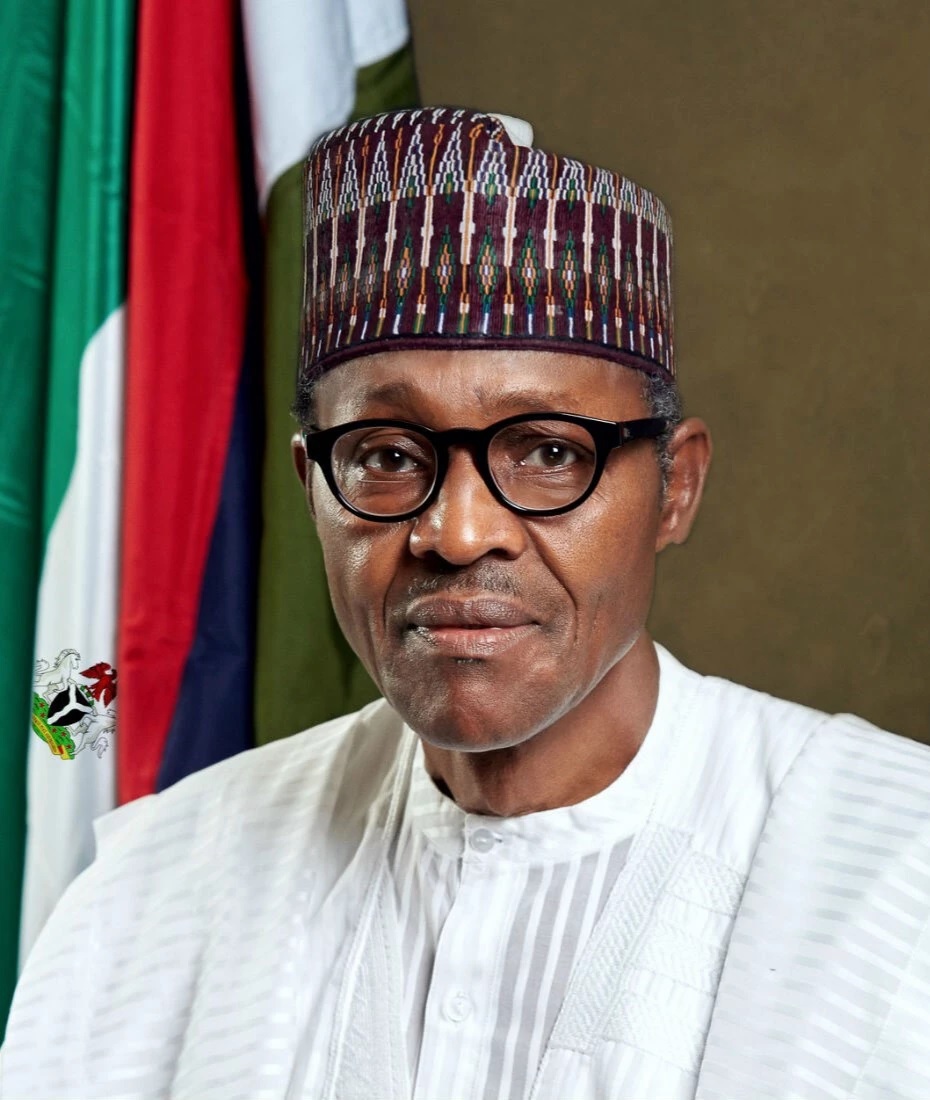……As external reserves hit $44.69bn
Says capital release for 2018 now N2.079trn
……Records N3.96trn revenue for 2018
Customs moves against rice importers
The Federal Government is set to disburse N649.434 billion to states of the federation, being balance from the Paris Club refund.
The Minister of Finance, Mrs. Zainab Ahmed, disclosed this at a press conference on the achievements of the administration in the last four years.
She said: “For the final phase of the Paris Club debts refunds, a total sum of N649.434 billion was verified by the ministry as the outstanding balance to be refunded to the state governments.
“The payments made by the Central bank of Nigeria, CBN, as at March 2019, is N691.560 billion. The increase in CBN payments partly arose from exchange rate differential at the point of payment, although, some states still have outstanding balances, which will be refunded in due course.”
The minister said through the implementation of Economic Recovery and Growth Plan, ERGP, which the Buhari-led administration developed in 2017, the economy exited recession and moved upwards on a path of sustainable, inclusive and diversified growth.
She maintained that the ministry was focused on addressing the long-standing issue of “unsatisfactory revenue performance” in Nigeria, particularly in the non-oil sector in order to ensure appropriate financing for critical sectors, such as health, education, and infrastructure.
On the nation’s external reserves, Mrs. Ahmed said it had climbed to $44.69 billion as at May 13, 2019.
Describing it as impressive, having moved from the $28.3 billion in 2015,
She said: “Our external reserves, on the other hand, grew from $28.3 billion in 2015 to US $44.69 billion as at May 13, 2019, representing significant improvement that has helped stabilise the economy, including our currency exchange rates.
However, the minister acknowledged that the expenditure performance cannot be in isolation of revenues, which as a result expenditure largely depends on government’s ability to generate budgeted revenues with deficits funded through borrowings.
“In 2018 our budgeted revenue was N7.2 trillion. This is against the realised figure of N3.96 trillion, signifying a negative variance of 45 per cent. Despite this shortfall we have been able to fully pay salaries and service 100 per cent of our debt.
Capital release for 2018 now N2.079trn
‘’We have also released seven months overhead for 2018, two months for 2019, and N2.079 billion capital expenditure as at 14th May 2019.
“We have adopted a prudent debt management strategy which ensures that we invest what we borrow in capital projects, although our debt by international standards, at 19.09 per cent Nigeria’s debt to GDP ratio is well below the threshold of 56 per cent for countries similar to Nigeria.
‘’The government is addressing the issue of reducing the debt service to revenue through a combination of debt substitution strategies.”
The Minister maintained that on global risks, the Ministry would continue to remain focused on taking key mitigating actions to safeguard the economy and ensure it is “resilient to external shocks.”
On budget performance, Ahmed said despite the shortfall in revenue projections, “we have been able to fully pay salaries and service 100 per cent of our debt. We have also released seven months overhead for 2018, two months for 2019, and N2.079 trillion capital expenditure as at May 14, 2019.
“We have adopted a prudent debt management strategy, which ensures that we invest what we borrow in capital projects. Although our debt by international standards, at 19.09 per cent Nigeria’s debt to GDP ratio is a reasonable ratio, but this is well below the average threshold of 56 per cent for countries similar to Nigeria.
‘’The government is addressing the issue of the high debt service burden by a combination of substitution strategies, which include refinancing our shorter term, higher cost debts to longer term lower cost debt.”
Customs moves against rice importers
On his part, Director-General of Custom, Col. Hameed Ali (retd), denied issuing any license to rice importers and appealed to Nigerians to stop the consumption of imported rice.
He said the harms related to the consumption of imported rice and its effects on the economy was enormous and urged Nigerians to stop patronizing smugglers of imported rice.
“We inaugurated new task force officers last Tuesday to fight the smuggling of rice to Nigeria. Rice is one of the most consumed food in Nigeria, and at so, we should consume our own products to be able to boost our economy.”
“When Nigerians stop buying these imported rice, the sellers will go out of business and stop the importation.”











